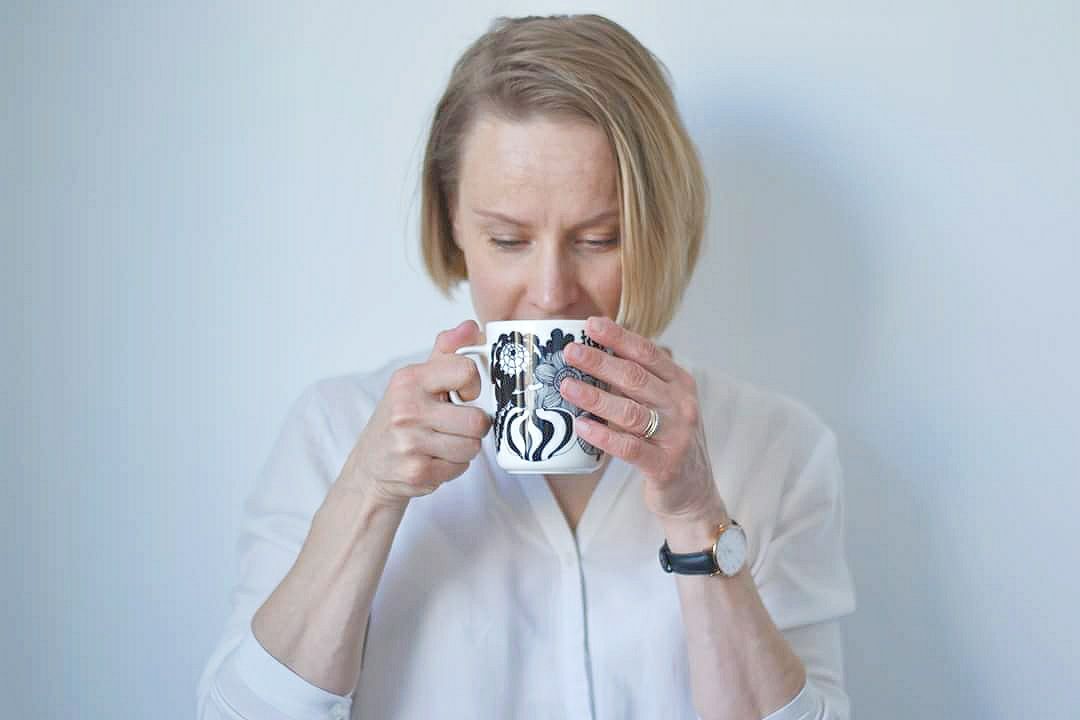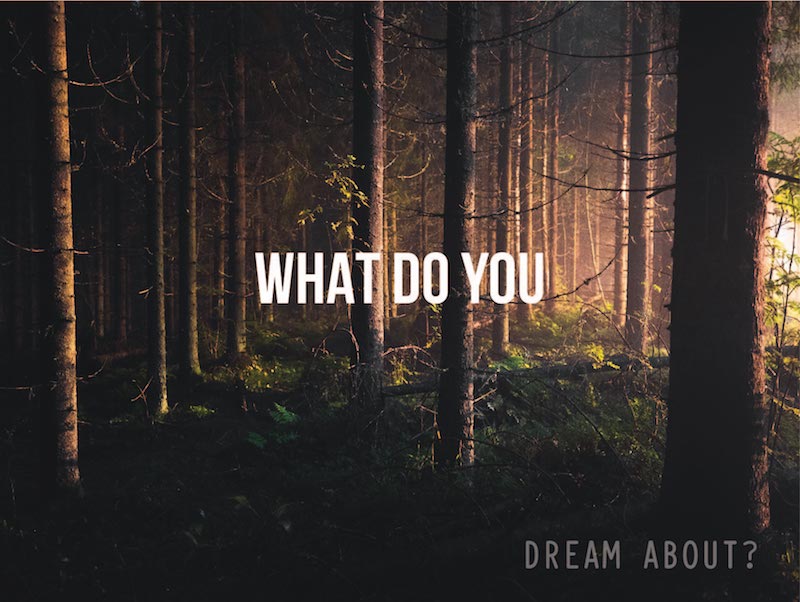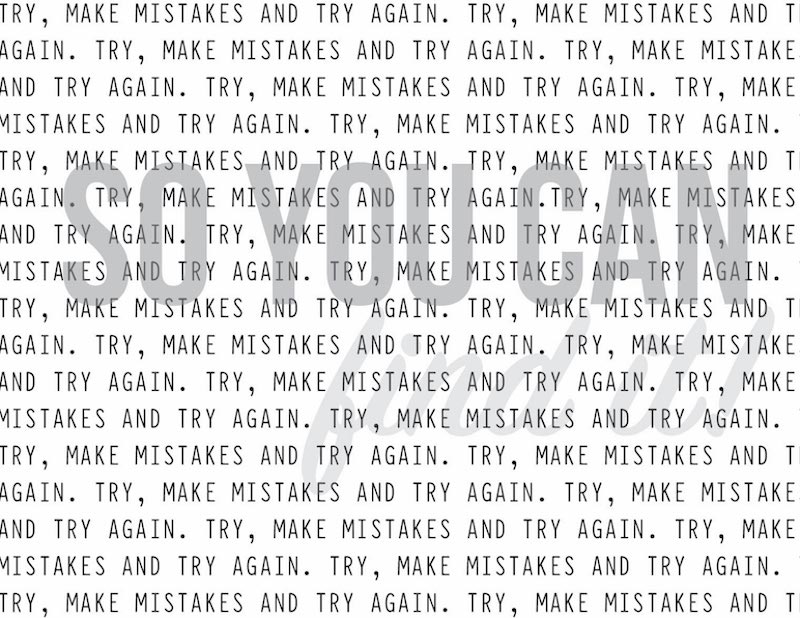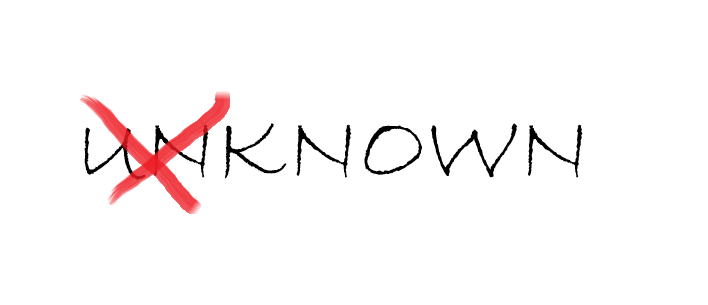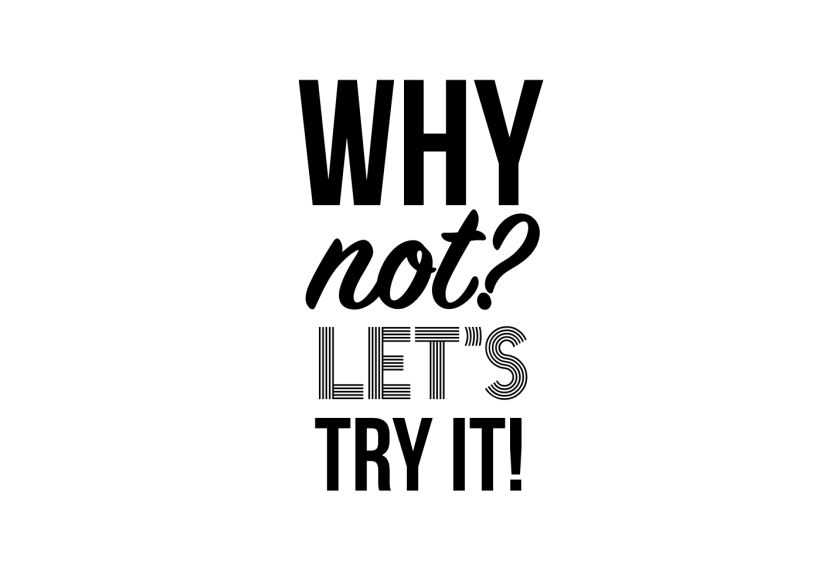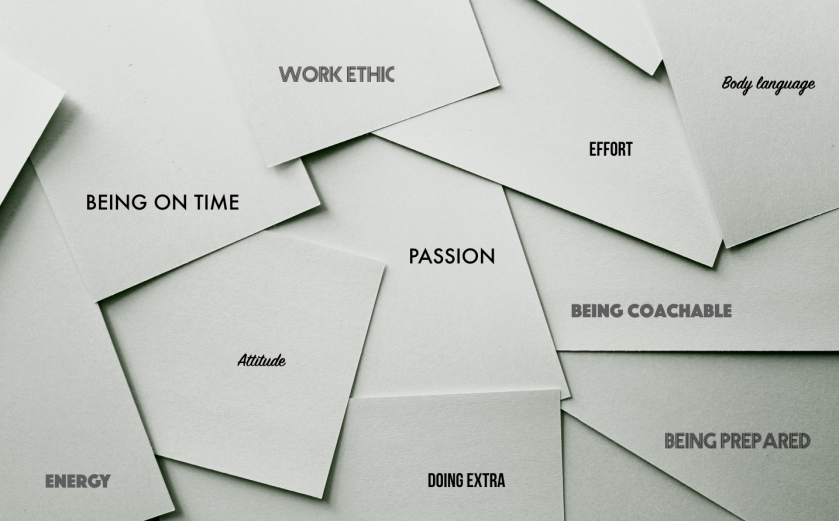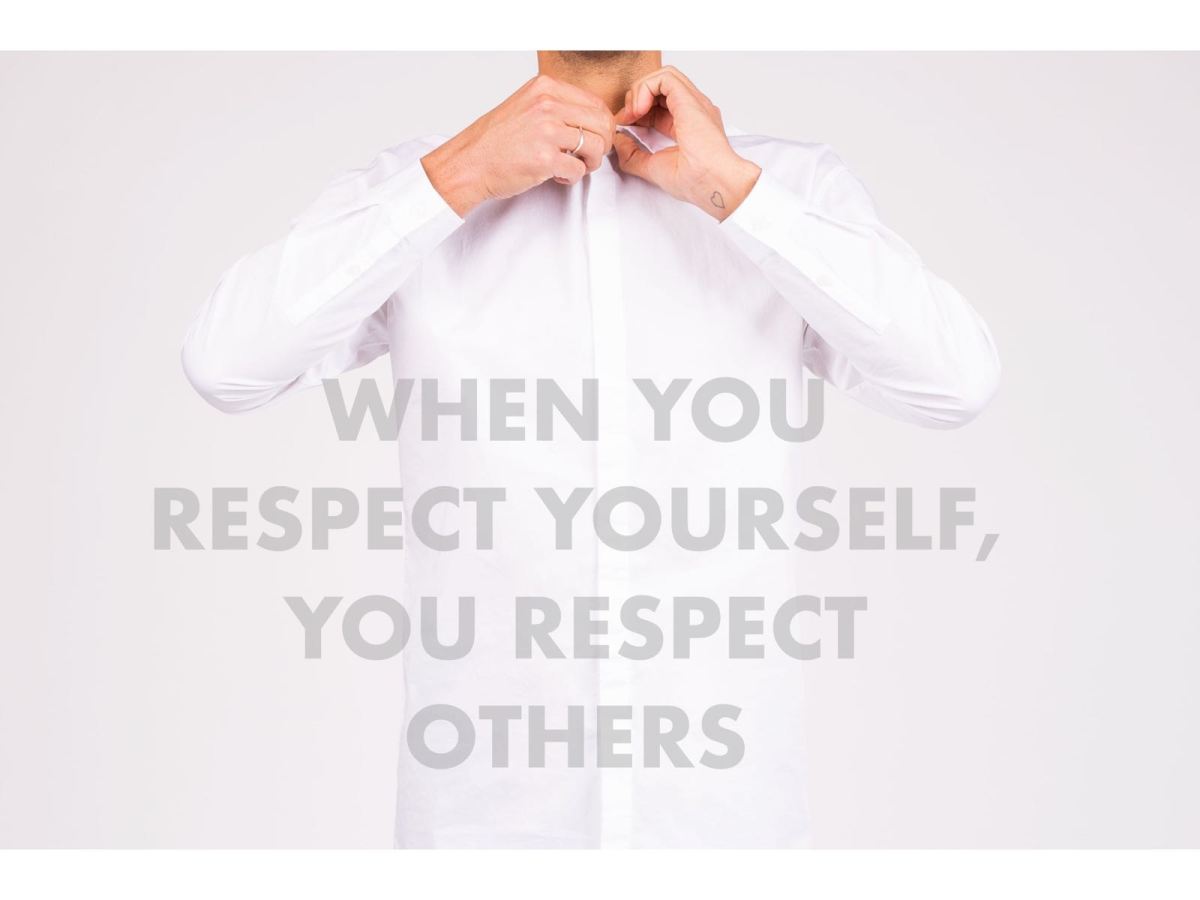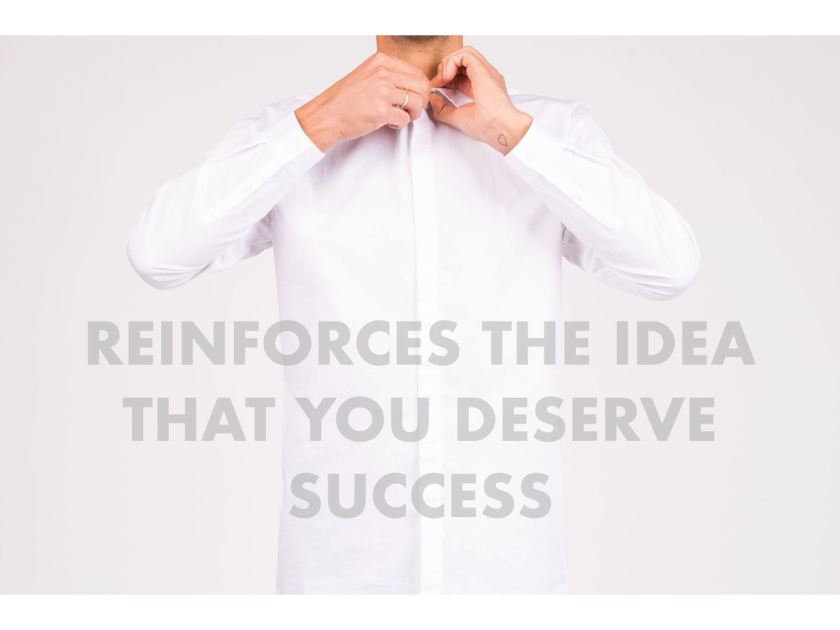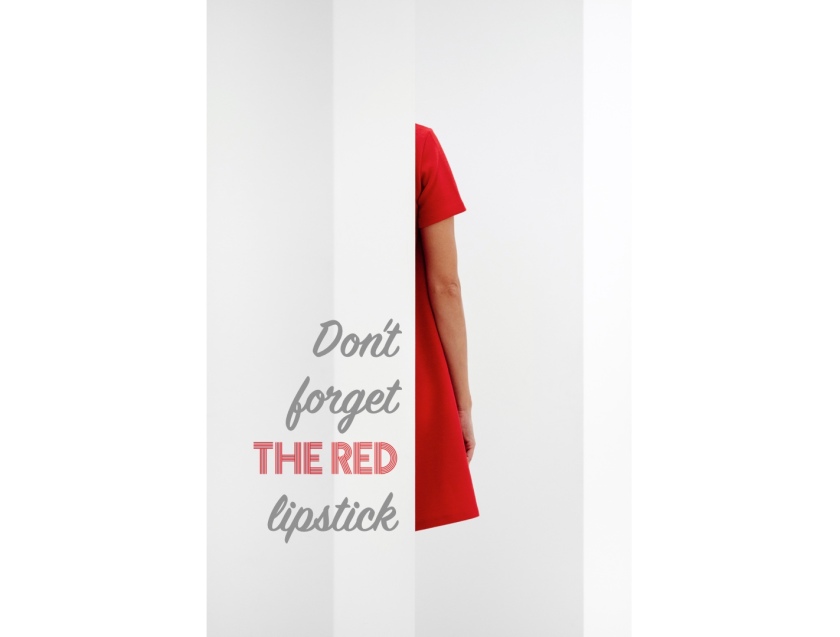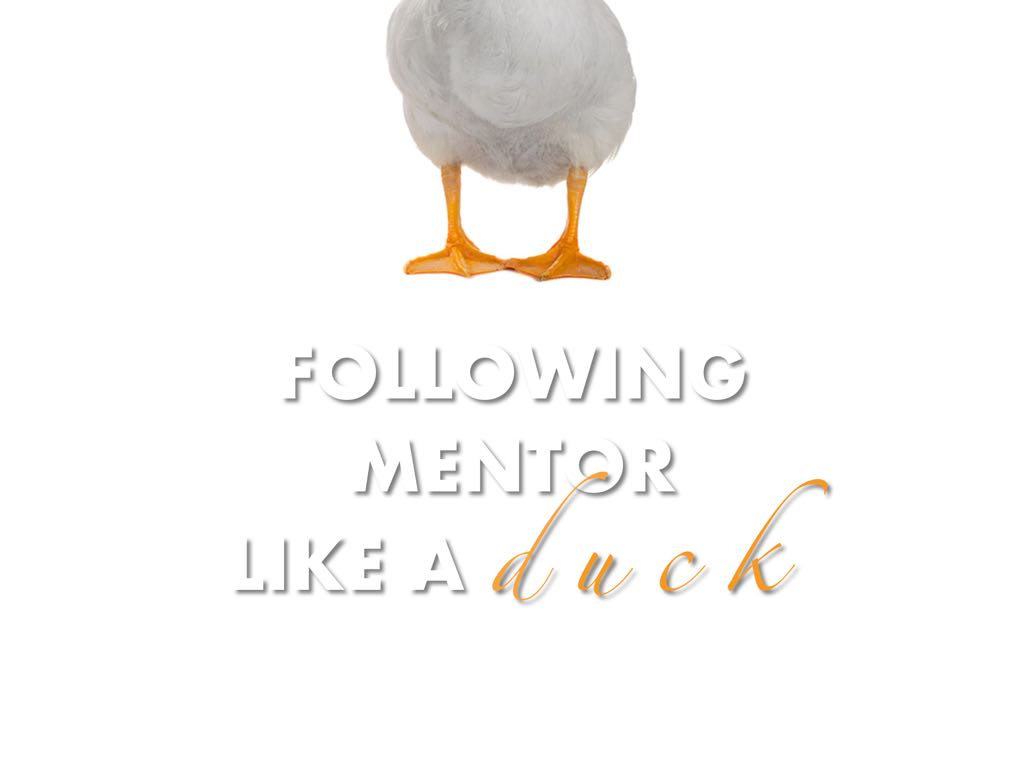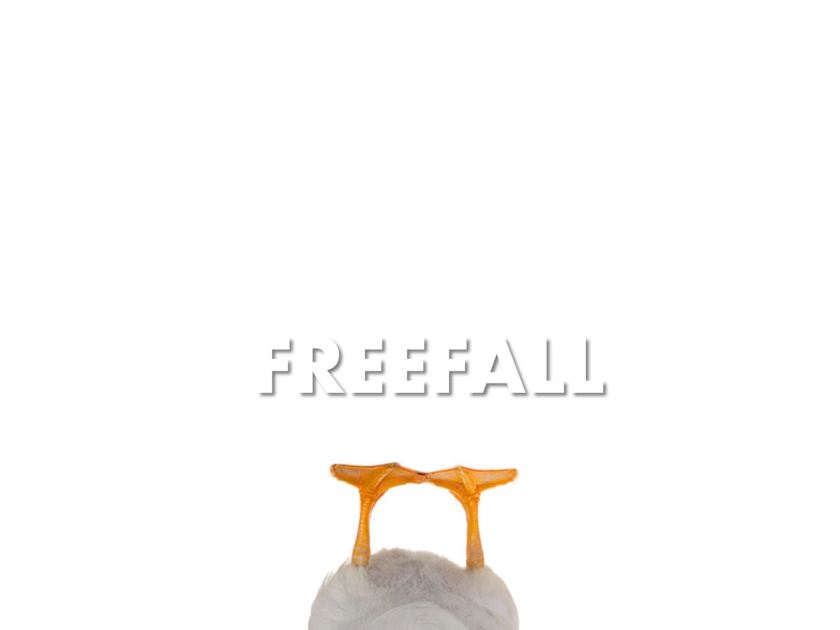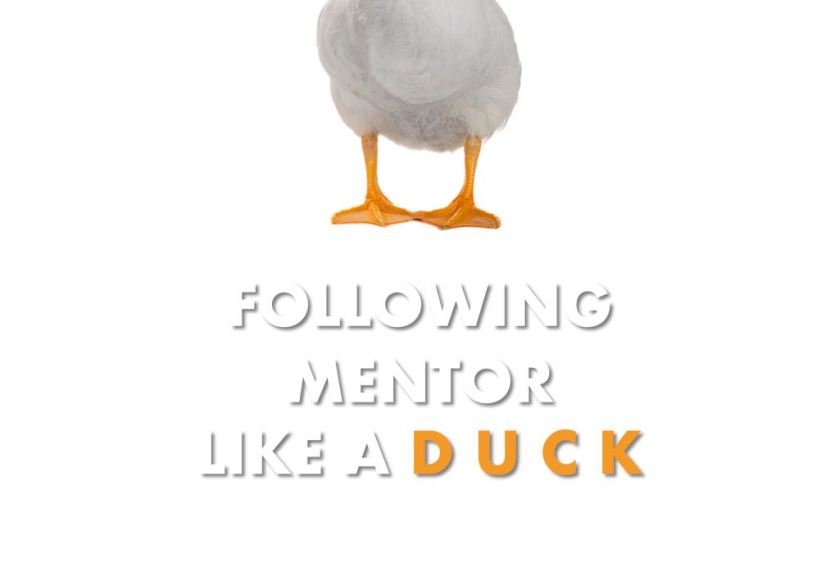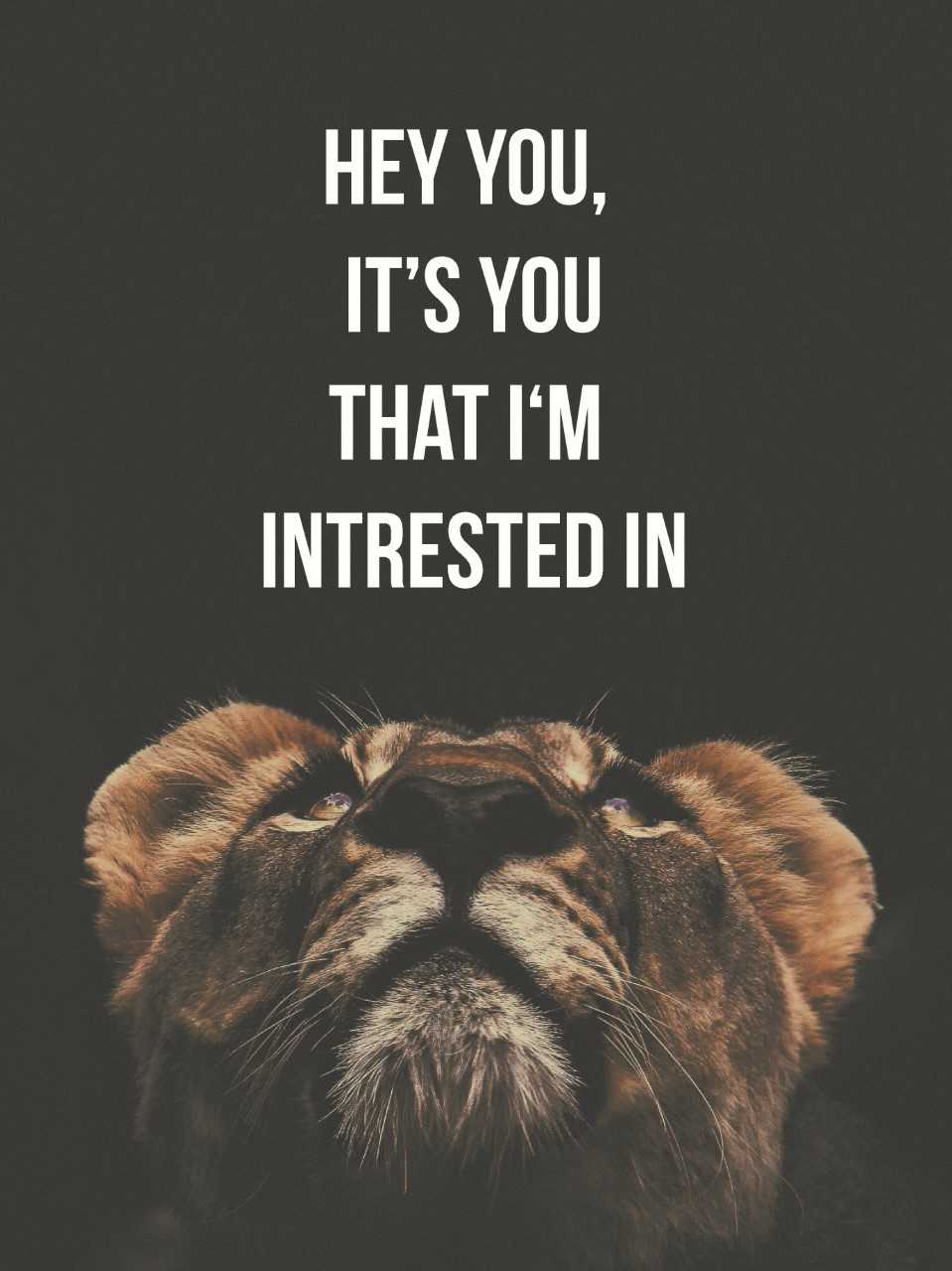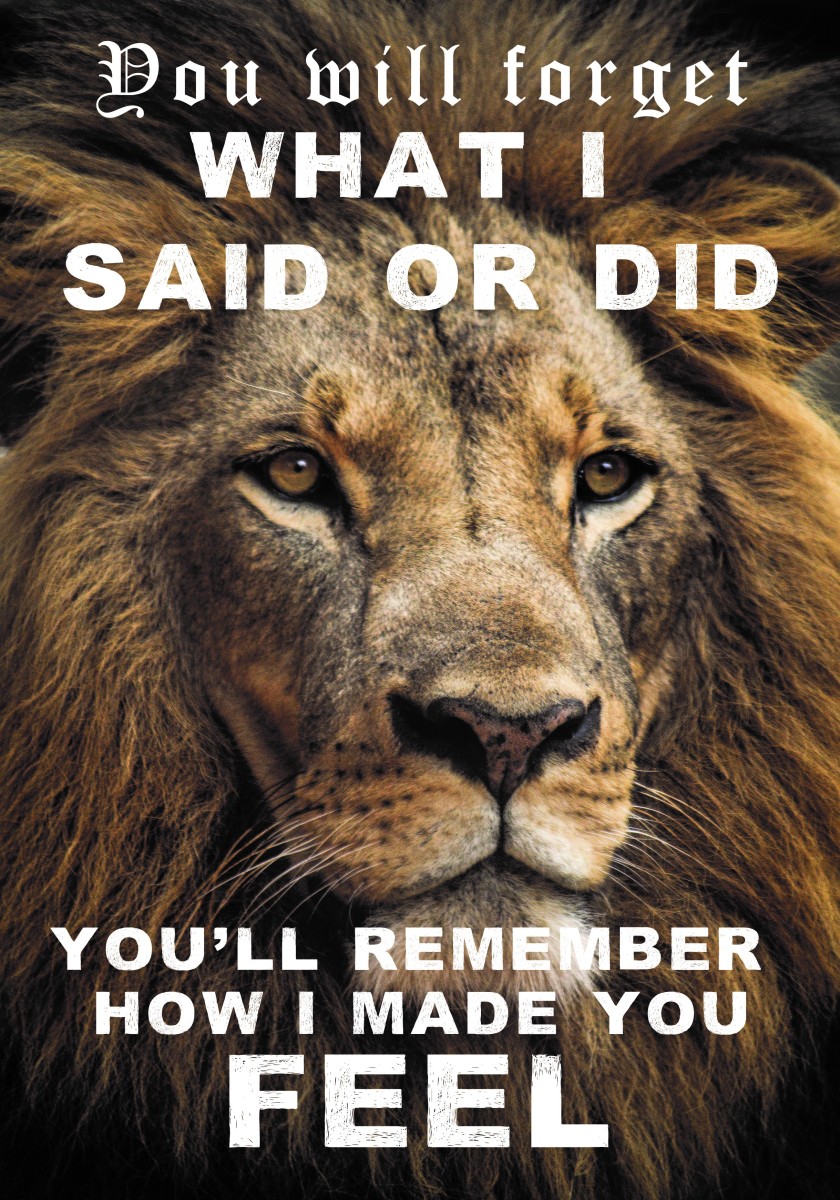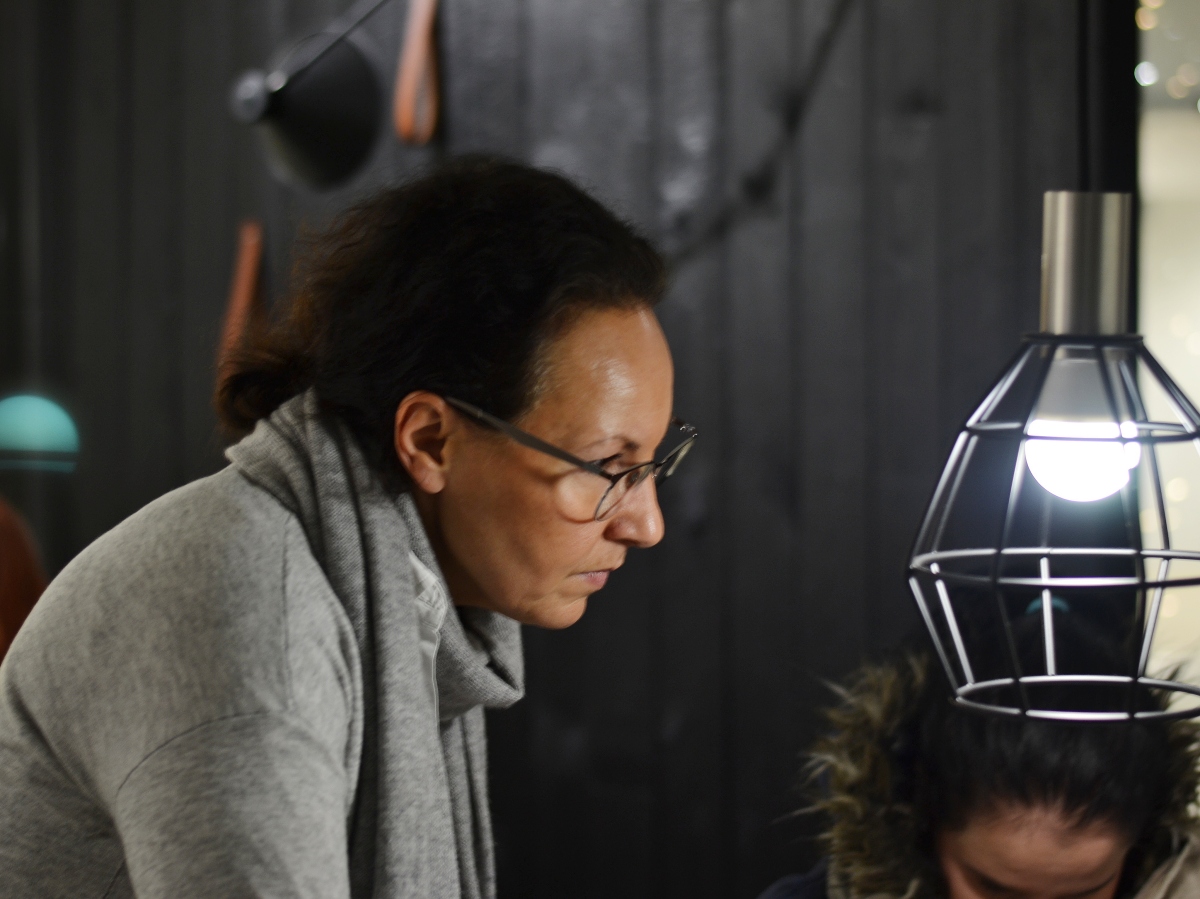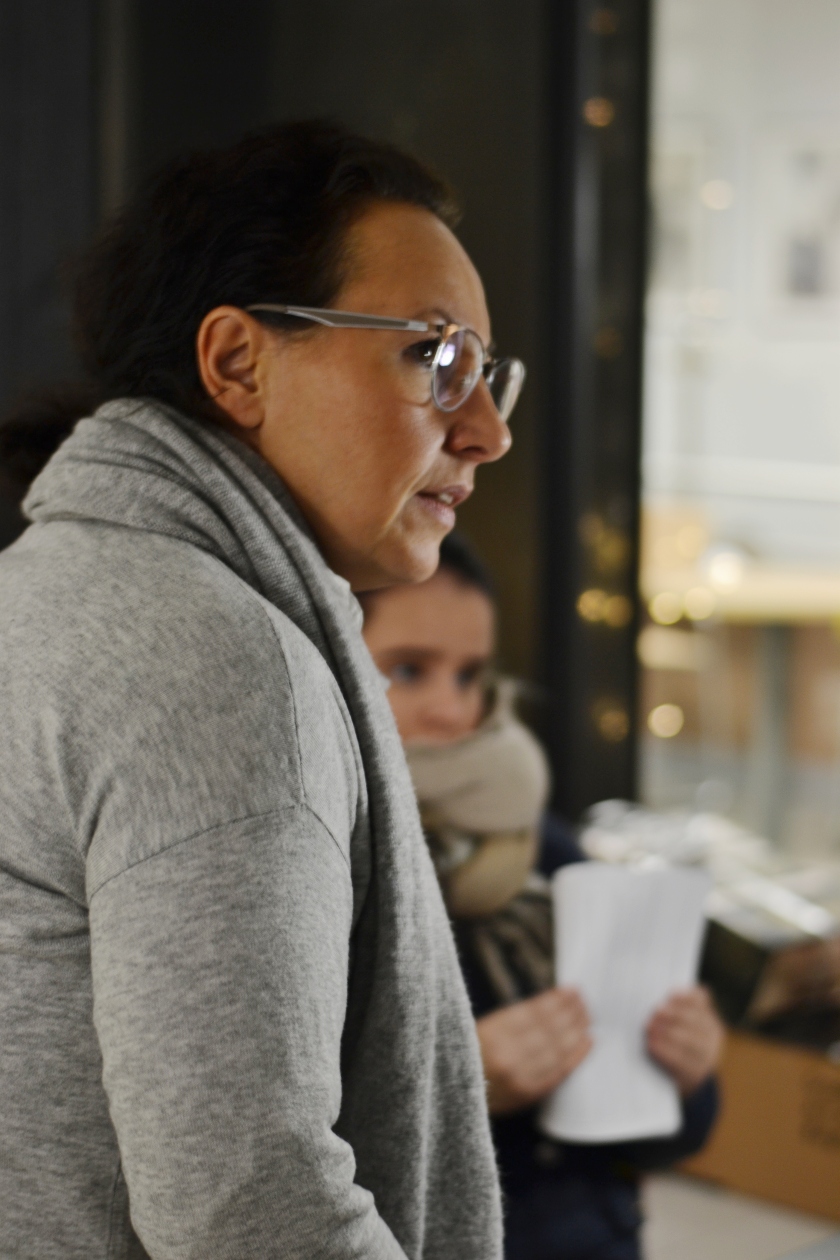It´s been a while since I have been working with my international colleagues and I have to admit I really miss working in different countries with different people and using different languages. To be honest my last work trip abroad was in October and it seems like forever ago to me. Even though I work in an international atmosphere every day I miss that certain feeling that I have when working abroad.
I have been thinking why I´m so keen on internationalization and meeting new people who come from different cultures and countries. It is obvious that travelling and working abroad enables me to develop new skills, languages, cultural awareness, social skills but among those I have realized I´m more alert when abroad. I have to focus on language and different cultural habits, but that alertness takes me there what I believe is the reason why I truly love international work.
I believe when I´m working in different challenging situations I´m taken out of my comfort zone, some people find it awkward and unpleasant, especially when they have to work with another language than their own. Instead I find it rewarding and I find myself more true to myself and others. This only tells my story where I come from, why I feel this way and can´t be generalized.
I believe when I´m working out of my comfort zone I´m more likely to drawing strength and security inside of myself. I´m using basic trust that has been given to me on my early childhood. Basic trust is built in early interaction with a child and their care giver. It is an implicit trust that is optimal will happen and a person believes whatever happens will ultimately be fine. It is the confidence that reality is ultimately good, and all that exists, are by their very nature trustworthy. Basic trust gives an implicit orientation towards all circumstances and that allows people to relax and see situations as learning opportunities. Basic trust can be developed in trustful and respectful relationships. Yes, I´m thankful for my early childhood, it has had a remarkable meaning in my life. It has given me the orientation to my life. But why am I so keen on working abroad and with different languages?
When a child feels good about themselves, it sets them up for success. When you are able to carry on this feeling in your life it takes you there.
You can´t choose the family you are born into. I was born in very board-minded, accepting and international one. My mom was sent abroad when she was 16, of course her family had international connections and they had the experience that travelling and meeting other people from different cultures brought some interesting extra into their lives. My grandfather had lived abroad a great part of his adult life, before he was ready to settle down and start a family. So, I was sent abroad when I turned 16 and so was my daughter. In that age of 16 you are vulnerable, but eager to experience. This allows you to a straight and forthcoming connection to who you are, how will your basic trust take over and carry you trough out your life. I was able to have that experience that whatever will happen will ultimately be fine. I had an experience that reality was ultimately good, I could trust myself and find different circumstances trustworthy, but you must remember that this belief had been built in me already. I could relax and see situations as learning opportunities and that way I also learned from life among new culture and language.
Later on, when I graduated from college it was obvious to me to start my career abroad and I did. I wanted to be contacted to that feeling of vulnerability and confidence at the same time. I have a feeling that when you are forced to that vulnerability you are more open to who you are, you are more you. This is the reason I enjoy working abroad, being more me, learning more about myself. At the same time, being vulnerable and having this straight and forthcoming connection to who you are, it gives you all the information about yourself. Positive and negative. How you handle all this information is based on your reflective ability.
Reflective ability is a quintessential human capacity that is needed to be able to successfully navigate the information flood that you have inside of you, all the feelings, actions and their co-operation or disconnections. It is learnable process and can be developed through out your life.
You should ask thoughtful reflective questions from yourself to reflect on your actions. When you are merciful and compassionate towards yourself, even how odd and outrageous your actions can be, you will help yourself probe deeper to your complexity and this will encourage you to better self-reflection. Just always pause and ask, why I´m acting this way. Simple as that…
Thoughtful questions to yourself will help you move forward with focus and intent. Trough out these inner conversations you will gain confidence and become more skilled at working through tough problems without hurting yourself or people around you. You will start to spread an atmosphere that allows you among other people to grow towards more aware and better people.
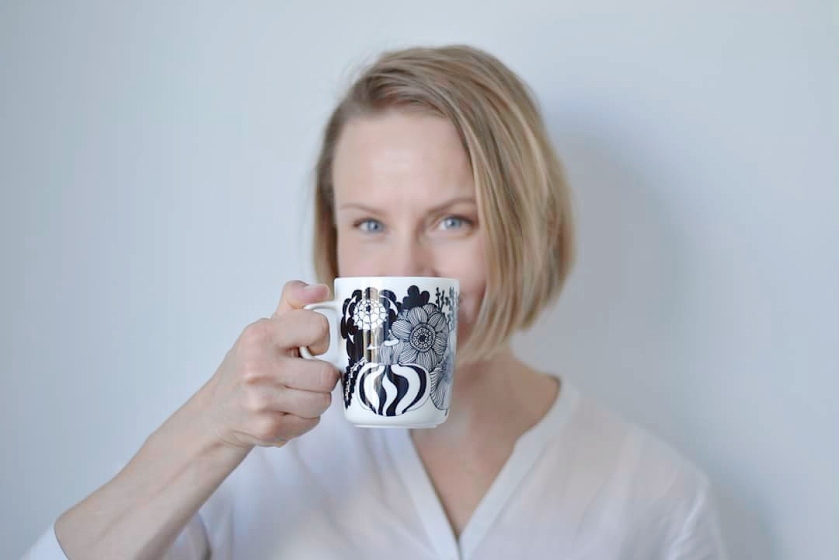
In two weeks my longing will be over. I will catch the plane and head towards Köln, Germany, to work, but most of all to be more connected to myself. I know I will have situations that I have no clue how the handle them, but I know I can trust myself. I know that whatever will happen will ultimately be fine.
Text Annele Heikkilä
Photo Lia Heikkilä
